“The purpose of therapeutic mindfulness is to go back to previous stages in our development in order to reconnect to feelings, emotions, body sensations & memories that we have repressed, denied, or lost touch with. The healthy re-integration of these experiences sets the scene for a renewed sense of wellbeing within our present life, & for safely engaging in higher, deeper levels of personal growth.”
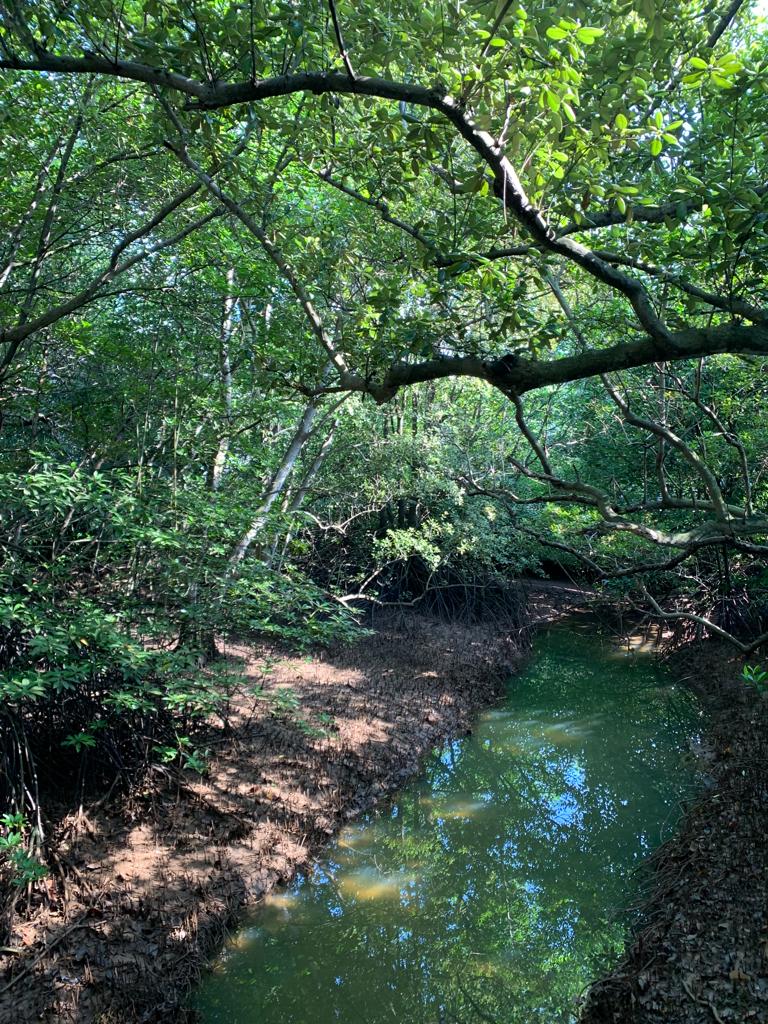
Dear Integral Meditators,
On the 26th/27th September I will be starting a 10 module program – “An introduction to integrative therapeutic mindfulness & meditation – Re-discovering your inner vitality & joie-de-vivre“, the article below explores how we can create a context for mindfulness as a therapeutic practice. Many of the positions below I’ve written about reasonably extensively before, but the ordering of them is specific to doing therapeutic mindfulness.
If you enjoy the article I invite you to click on the link & find our more about the course!
In the spirit of our inner support system,
Toby
Creating an inner therapeutic mindfulness space – six positions
The purpose of therapeutic mindfulness is to go back to previous stages in our development in order to reconnect to feelings, emotions, body sensations and memories that we have repressed, denied, and lost touch with. The healthy re-integration of these experiences sets the scene for a renewed sense of wellbeing within our present life. It also lays the foundation for then exploring the higher, deeper levels of meditation states (psychic, subtle, causal, non-dual) in a way that is balanced and sustainable. Below are a set of qualities to cultivate when engaging in therapeutic mindfulness. Each one of them has benefits in an of themselves, but practiced together they make for a good combination within which we can then go on to do some inner healing work.
Grounding in the senses – Work that involves contacting potentially volatile emotions or feelings needs to be done whilst grounded enough in the present moment in order to feel the stability of our senses supporting us, so that we don’t feel completely ‘carried away’ by the experience.
Safety – Repressed emotions can feel dangerous, so connecting to the basic safety of this moment – recognizing that there are no immanent threats to our present wellbeing – is a fundamental position to be familiar with.
Warmth & compassion – Establishing as far as we can a feeling of basic warmth and compassion toward ourselves at the beginning of the session, and as we encounter our experiences during the TM session.
Appreciation – Having an appropriate sense of our life being a good place with the existence of people, places and experiences that make it rich and enjoyable. This then means that when we encounter challenges in our therapeutic mindfulness practice, it is always contextualized by this sense of overall appreciation/ positivity.
Curiosity & courage – TM can feel like heavy work sometimes, so cultivating a sense of lightness and curiosity is helpful in this regard. It helps us avoid getting overly caught up and identified in the experience. Similarly, courage can help us hugely as, by its nature TM involves contact and sometimes confrontation with parts of us that we fear or would otherwise wish to avoid. This doesn’t mean you have to be some kind of big hero, just that you have whatever courage you possess present and available to you when doing TM.
A sense of being supported – It can be useful if you have any belief or sense of a higher, deeper supporting being or intelligence to invoke or feel the presence of it/her/him before you engage in therapeutic mindfulness practice. This is personal and can be done any way that the practitioner finds acceptable or appropriate.
With these six positions available to you and in place, you should then feel confident in engaging in any kind of therapeutic mindfulness practice that you might want to, with a sense of these qualities supporting and enhancing your practice.
© Toby Ouvry 2022, you are welcome to use or share this article, but please cite Toby as the source and include reference to his website www.tobyouvry.com
All upcoming classes and workshops at IMA:
Ongoing – Weekly Tuesday, Wednesday Online class schedule
Ongoing on Wednesday’s, 7.30-8.30pm – Wednesday Meditation for stress transformation and positive energy with Toby (Bukit Timah)
Ongoing on Tuesday evenings, 7.30-8.30pm – Tuesday Meditation for stress transformation and positive energy with Toby (East Coast)
Ongoing Tues/Weds in August/Sept – The Wisdom of Awakening Series: Meditations for developing wisdom around inner-growth, happiness & fulfillment
Saturday August 26th, 9.30-11.30am – Monthly Qi Gong & Taoist Breathwork Clinic & Mini-retreat
Saturday Saturday 9th September, 9am-12.30pm – Qi Gong for Improving your Health and Energy Levels and for Self-Healing
Wednesday 20th September, 7.30-8.30pm – Autumn Equinox balancing & renewing meditation
Starting Tues 26th & Weds 27th September – Re-discovering your inner vitality & joie-de-vivre – An introduction to integrative therapeutic mindfulness & meditation
Saturday 30th September & Sunday 1st October, 9.30am-1pm – Meditations for connecting to the Tree of Life, and growing your own personal Life Tree
Saturday & Sunday October 28th & 29th – Integral Meditation Two Day Retreat
Integral Meditation Asia
Online Courses * 1:1 Coaching * Books * Live Workshops * Corporate Mindfulness Training *Life-Coaching * Meditation Technology
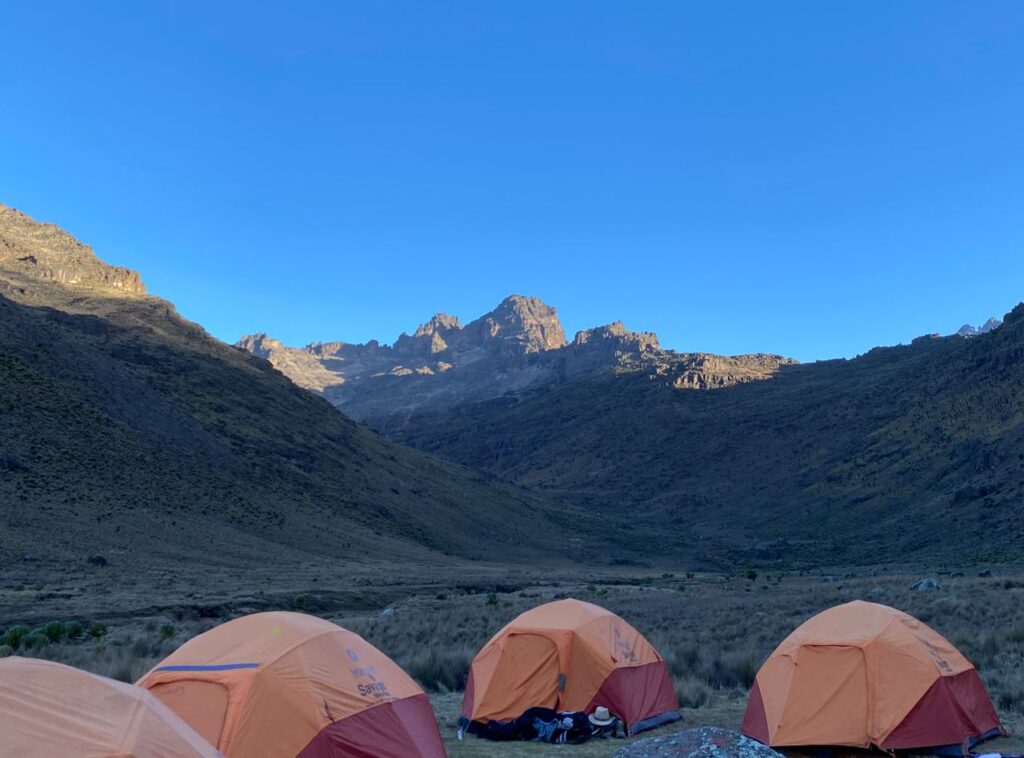



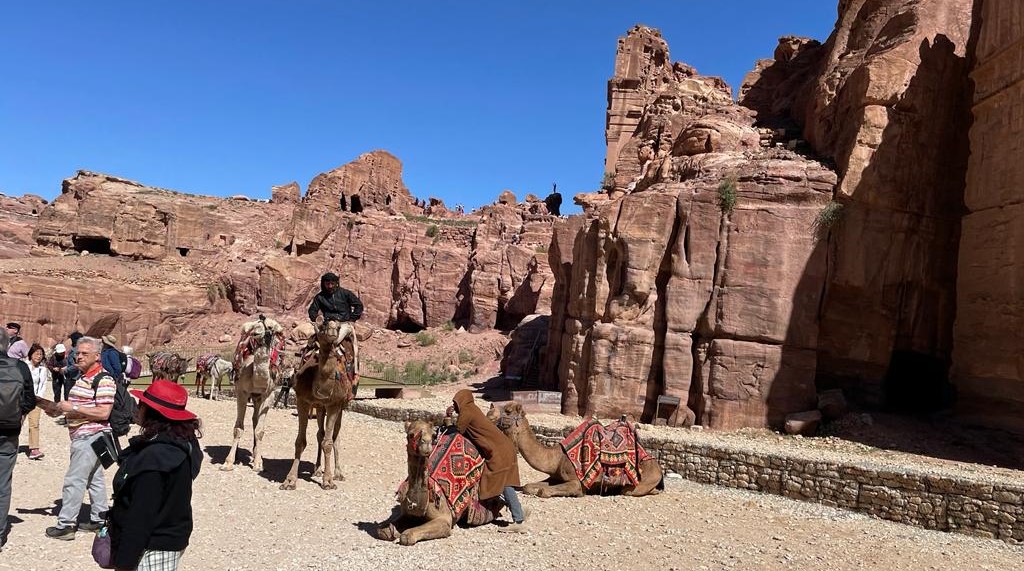
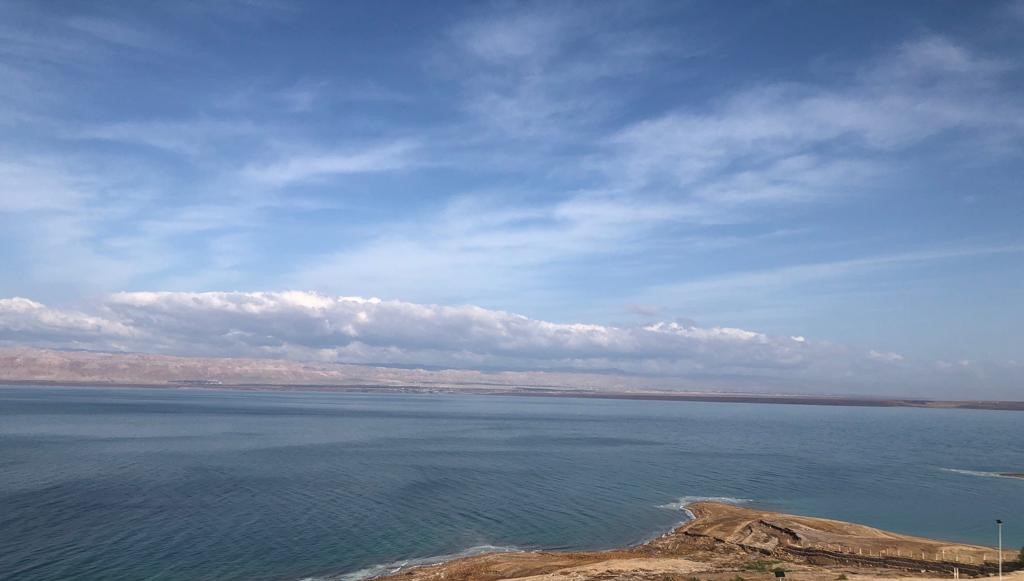
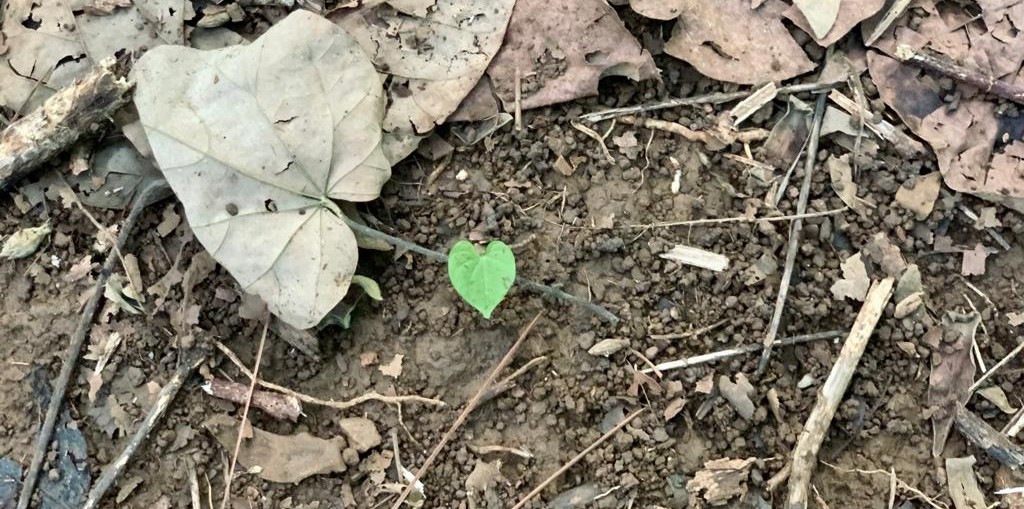

 Dear Integral Meditators,
Dear Integral Meditators,


